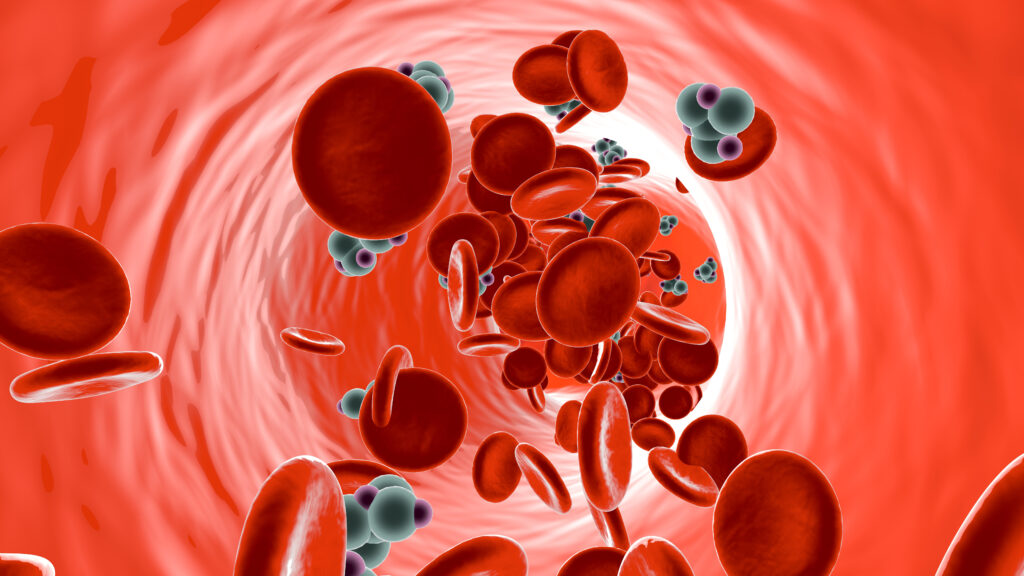Search Results
Showing Results for Anti-CD3 monoclonal antibody

Type 1 diabetes mellitus (T1DM) is an autoimmune disease secondary to the destruction of the insulin-producing β cells of the islets of the pancreas. Environmental factors presumably trigger the disease in genetically susceptible individuals, leading to a lifetime dependency on exogenous ...

Prof. Chantal Mathieu (Katholieke Universiteit Leuven, Belgium) provides her highlights from the ADA 83rd Scientific Sessions, 2023 including Teplizumab, an anti-CD3 monoclonal antibody, which was the first disease modifying therapy that delays the progression from stage 2 to stage 3 type 1 diabetes and ...

Type 1 diabetes (T1D) is an autoimmune disease caused by the pathogenic action of T lymphocytes on insulin-producing beta cells, which often begins 3 to 5 years before the onset of clinical symptoms.1 Despite almost 100 years of insulin treatment for the symptoms ...

Despite the introduction of newer and faster acting insulin analogues along with advances in glucose monitoring and insulin delivery technology, the majority of patients with type 1 diabetes (T1D) fail to achieve target glycemic control. There still remains a high ...

Despite the introduction of newer and faster acting insulin analogues along with advances in glucose monitoring and insulin delivery technology, the majority of patients with type 1 diabetes (T1D) fail to achieve target glycemic control. There still remains a high ...

Type 1 diabetes mellitus (T1D), also referred to as insulin-dependent, childhood-onset, or juvenile diabetes, is an autoimmune disease that occurs when insulin-producing β cells in the pancreas are aberrantly targeted and destroyed by a person’s immune system, usually leading to ...

Functions of B Cells and Their Role in Autoimmune Disease Functions of B Cells and Their Role in Autoimmune Disease Although B lymphocytes are known to contribute to the pathogenesis of autoimmune disease through autoantibody production,1 many recent studies of ...

Functions of B Cells and Their Role in Autoimmune DiseaseAlthough B lymphocytes are known to contribute to the pathogenesis of autoimmune disease through autoantibody production,1 many recent studies of B-cell function carried out in experimental animal models have shown that ...

Type 1 diabetes has become one of the most studied polygenic disorders. It effects over 1.4 million people in the US, with a rising incidence in many western nations.1,2 It is clear that there is a strong hereditary component in the development ...
Latest articles videos and clinical updates - straight to your inbox
Log into your Touch Account
Earn and track your CME credits on the go, save articles for later, and follow the latest congress coverage.
Register now for FREE Access
Register for free to hear about the latest expert-led education, peer-reviewed articles, conference highlights, and innovative CME activities.
Sign up with an Email
Or use a Social Account.
This Functionality is for
Members Only
Explore the latest in medical education and stay current in your field. Create a free account to track your learning.

